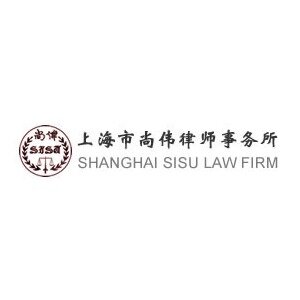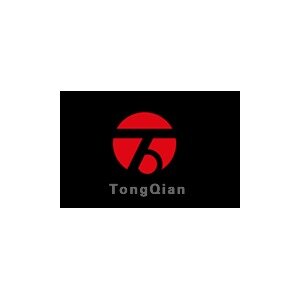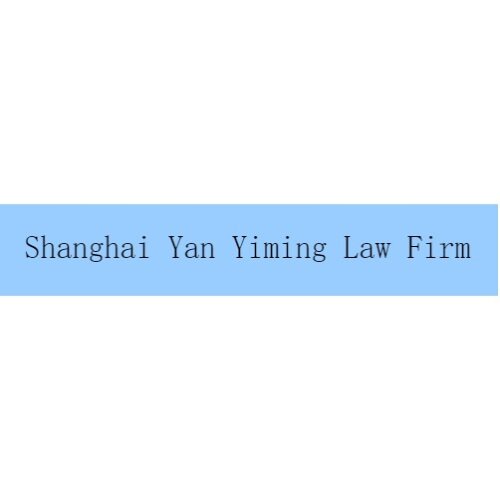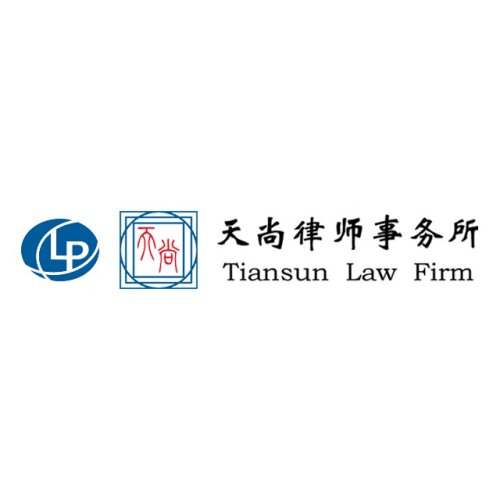Best Renewable & Alternative Energy Lawyers in Shanghai
Share your needs with us, get contacted by law firms.
Free. Takes 2 min.
List of the best lawyers in Shanghai, China
About Renewable & Alternative Energy Law in Shanghai, China
Shanghai, as one of China's most dynamic and forward-thinking cities, is at the forefront of the country's transition toward renewable and alternative energy. Renewable & Alternative Energy refers to power sources that are naturally replenished, such as solar, wind, biomass, tidal, and geothermal energy. The Shanghai government, following national directives, incentivizes the development, use, and technological innovation of these energy resources. Legal frameworks are in place to manage investment, project development, grid integration, subsidy allocation, and the environmental impact of new energy sources. The area is regulated through a combination of national laws, municipal regulations, and technical standards, which together aim to encourage clean energy usage while managing the city's environmental goals and economic needs.
Why You May Need a Lawyer
Navigating Renewable & Alternative Energy projects in Shanghai often involves complex regulatory requirements and evolving policies. You may need a lawyer in a variety of situations, such as:
- Setting up a renewable energy company or subsidiary in Shanghai
- Securing permits and approvals for the construction, operation, or expansion of power generation facilities
- Negotiating power purchase agreements (PPAs) or other commercial contracts involving renewable energy
- Ensuring compliance with local environmental and safety standards
- Participating in government subsidy or incentive programs
- Understanding intellectual property protection for new energy technologies
- Handling disputes related to project development, investment, or operations
- Dealing with land use, zoning, or grid connection issues
- Advising on mergers, acquisitions, or restructuring in the renewable energy sector
- Representing clients in administrative hearings or legal proceedings
Having a lawyer experienced in the Shanghai energy sector can help you avoid costly mistakes, stay compliant with local policies, and ensure the successful implementation of your renewable energy project.
Local Laws Overview
Renewable & Alternative Energy in Shanghai is governed primarily through a blend of national-level regulations-such as the Renewable Energy Law of the People’s Republic of China-and municipal rules, policies, and plans specific to the city. Key aspects include:
- Government Incentives: Subsidies, tax breaks, and feed-in tariffs may be available for qualifying projects. These incentives are subject to local and national policy adjustments.
- Permitting and Approvals: All renewable energy projects must navigate a system of permits covering land use, construction, environmental impact, and safety standards.
- Grid Connection: Technical and legal requirements dictate how and under what conditions a renewable energy installation can connect to the Shanghai grid. Priority grid access is often granted to certain types of clean energy projects.
- Environmental Protection: Projects must comply with environmental impact assessments (EIA) and standards set by municipal and national authorities.
- Market Mechanisms: Policies are in place to support competitive electricity trading and the creation of renewable energy certificates.
- Foreign Investment: While the sector is increasingly open, there may be certain restrictions or reporting requirements for foreign investors, especially regarding cross-border technology transfer and ownership structures.
It is important to stay updated, as both local and national laws can change frequently in response to new economic and environmental challenges.
Frequently Asked Questions
What types of renewable energy projects are most common in Shanghai?
The most prevalent projects include solar photovoltaic power, offshore and onshore wind energy, biomass power, and small-scale distributed renewable energy systems for industrial and residential use.
Does Shanghai offer subsidies or incentives for renewable energy?
Yes, both the city government and national authorities provide a range of incentives such as subsidies, feed-in tariffs, grants for research and development, and preferential tax treatment for eligible projects and companies.
What permits are required to develop a renewable energy project in Shanghai?
Permits typically include land use approvals, construction permits, environmental impact assessment clearances, grid connection agreements, and operating licenses. The specifics depend on the scale and type of the project.
Can foreign companies invest in renewable energy projects in Shanghai?
Yes, foreign direct investment is allowed and encouraged in this sector, with some regulatory oversight and specific compliance requirements regarding company structure, project approval, and technology transfer.
What role do environmental regulations play in project approval?
Environmental regulations play a crucial role. Completion of a comprehensive environmental impact assessment is mandatory for most projects before construction can begin, ensuring alignment with Shanghai’s sustainability goals.
Are there restrictions on land use for renewable energy projects?
Yes, land use is subject to local zoning laws, urban planning policies, and environmental constraints. Securing the right kind of land and obtaining all necessary approvals is a critical step in project development.
How are disputes in the renewable energy sector typically resolved?
Many disputes are handled through negotiation or mediation. If these fail, parties may resort to administrative review, arbitration, or civil litigation. Specialized legal counsel can help select the best approach.
What are the main compliance challenges for renewable energy businesses in Shanghai?
Staying compliant with evolving regulations on technology standards, safety, emissions, and reporting requirements is the primary challenge. Non-compliance can result in fines, shutdowns, or loss of incentives.
What is a Power Purchase Agreement (PPA) and why is it important?
A Power Purchase Agreement is a legal contract between an energy producer and a buyer. It specifies terms for the sale and purchase of electricity generated from renewable sources, providing price certainty and investment security.
How can legal advice help with renewable energy investments?
Lawyers can assist with due diligence, structuring deals, securing approvals, drafting and negotiating contracts, and ensuring compliance with local and national laws, helping investors maximize returns and manage risks.
Additional Resources
For more detailed information and support related to Renewable & Alternative Energy in Shanghai, you can refer to:
- Shanghai Municipal Development and Reform Commission (DRC)
- Shanghai Municipal Bureau of Ecology and Environment
- Shanghai Electric Power Company (part of State Grid)
- National Energy Administration of China
- China Renewable Energy Society
- Local business chambers and legal associations specializing in energy law
- Academic institutions and think tanks conducting research on energy policy
Next Steps
If you need legal assistance in the Renewable & Alternative Energy sector in Shanghai, consider the following steps:
- Identify your specific legal needs, such as project development, investment, compliance, or dispute resolution.
- Contact a law firm or legal advisor with expertise in Chinese energy and environmental law, preferably one with experience in the Shanghai region.
- Prepare relevant documentation about your project or business, including business plans, feasibility studies, and any previous correspondence with authorities.
- Arrange a consultation to discuss your situation and obtain preliminary legal advice on the appropriate course of action.
- Stay informed about changes in local policies and incentives by following official government channels and industry publications.
Acting proactively and seeking professional legal advice early can help ensure your renewable energy venture in Shanghai is both successful and compliant with all relevant laws and regulations.
Lawzana helps you find the best lawyers and law firms in Shanghai through a curated and pre-screened list of qualified legal professionals. Our platform offers rankings and detailed profiles of attorneys and law firms, allowing you to compare based on practice areas, including Renewable & Alternative Energy, experience, and client feedback.
Each profile includes a description of the firm's areas of practice, client reviews, team members and partners, year of establishment, spoken languages, office locations, contact information, social media presence, and any published articles or resources. Most firms on our platform speak English and are experienced in both local and international legal matters.
Get a quote from top-rated law firms in Shanghai, China — quickly, securely, and without unnecessary hassle.
Disclaimer:
The information provided on this page is for general informational purposes only and does not constitute legal advice. While we strive to ensure the accuracy and relevance of the content, legal information may change over time, and interpretations of the law can vary. You should always consult with a qualified legal professional for advice specific to your situation.
We disclaim all liability for actions taken or not taken based on the content of this page. If you believe any information is incorrect or outdated, please contact us, and we will review and update it where appropriate.

















